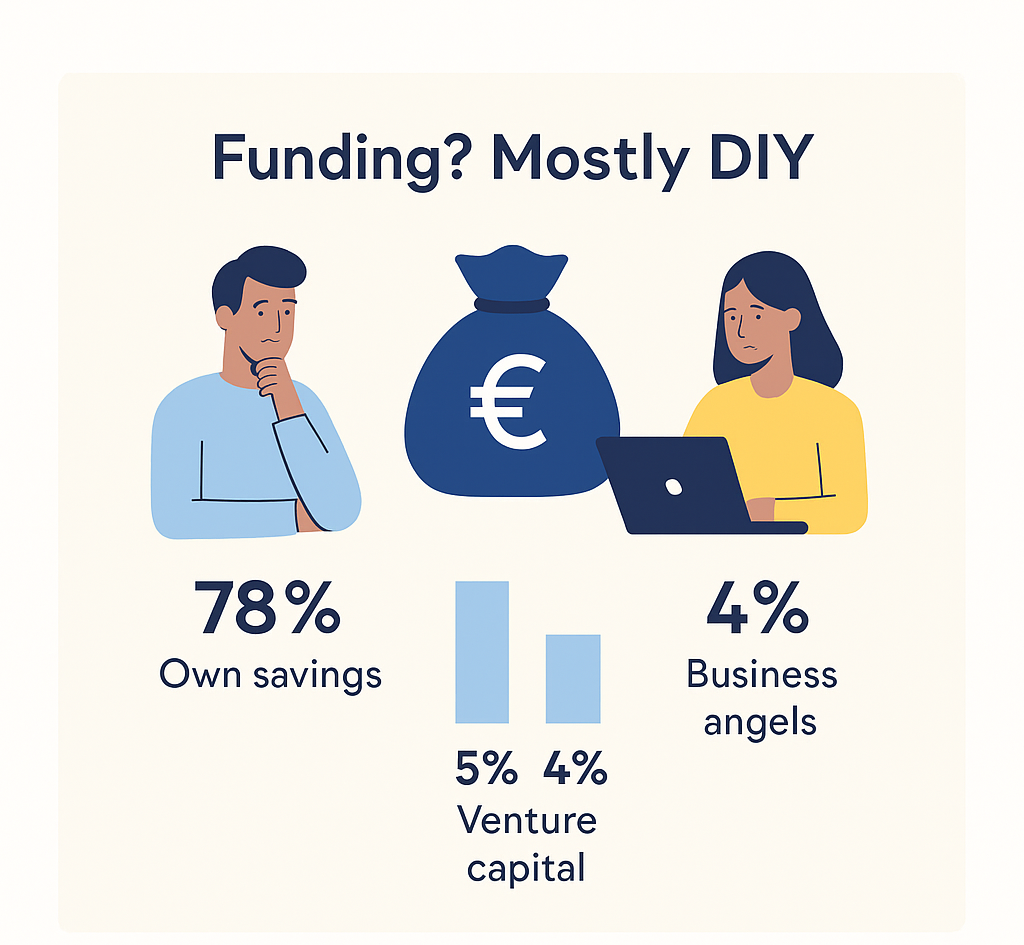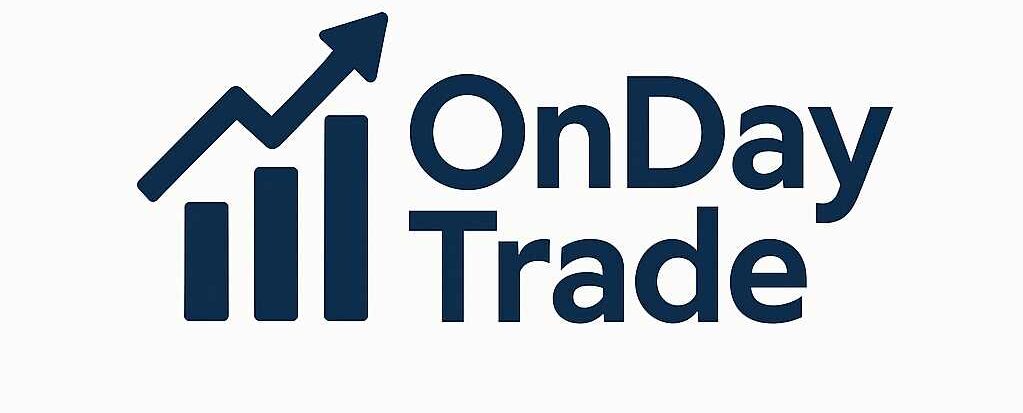Germany’s Startup Scene: Progress or Just Talk?
Germany’s startup world? Still pretty one-sided. It’s a space dominated by men, loaded with academic types, and wrapped up in red tape. None of this is really breaking news — but Commerzbank’s latest study just reminds us how deep these patterns still run.
Female Founders? Still the Minority
Let’s talk gender for a second. Despite years of push for equality, only about 22% of startup founders in Germany are women. That’s barely over a fifth. And even though there are more programs and initiatives aimed at helping women break into entrepreneurship, the progress? It’s slow. Way too slow. There’s still a massive gap when it comes to access — whether it’s funding, mentorship, or even just visibility. A lot of women still feel like outsiders in this world, and that mindset isn’t going to shift overnight.
Who’s Starting Businesses?
Turns out, most people launching startups have academic credentials under their belt. Over half — around 57% — finished university or technical college. Meanwhile, only about 20% came from a vocational training background, and just 6% started with no formal qualifications at all. That says a lot. It’s not that people without degrees don’t have good ideas — it’s just that the system still leans toward the “educated elite.”
Bureaucracy? Yeah, It’s Still a Beast
No surprise here: 45% of founders said that dealing with bureaucracy, legal hoops, and red tape was one of their biggest challenges. And 24% said taxes were just as bad. If you’ve ever tried to set up a company in Germany, you know it can feel like filling out a form just to ask for permission to fill out another one. It’s exhausting and takes time away from, y’know, actually building the thing.
What Really Drives Founders
For most founders, the drive goes far beyond just making money — it’s about freedom, purpose, and creating something meaningful. Almost half of the people surveyed (47%) said the main reason they took the leap into business was to have more control over their life or to create something meaningful on their own terms. Another 39% had a specific idea they believed in and just had to make it real. Only 22% said the goal was to make more money, and even fewer (14%) were motivated by job creation. So yeah, it’s passion and purpose over profit for a lot of folks out here.
First-Year Goals: Get Customers or Go Home
When you’re starting up, it’s all about momentum — and nothing moves the needle like customers. For 46% of respondents, getting that first wave of users or buyers was the top priority. About a third also aimed to bring in revenue (36%) or even profit (32%) in the early stages. Makes sense. Without customers, the rest is just theory.

Funding? Mostly DIY
Here’s something that hits close to home: 78% of founders used their own savings to launch their business. Venture capital? Barely 4%. Business angels? Just 5%. So while you hear about big funding rounds in the news, the average founder is bootstrapping, betting on themselves, and hoping it all clicks before the cash runs out.
Capital Doesn’t Last Long
A lot of founders start lean. About one-third kicked things off with less than €20,000. Another 30% had between €20K and €50K to work with. But for nearly half of them, that money ran out in six months or less. That’s a short runway to build a business, especially with all the overhead and operational stuff that eats into your budget fast.
The Struggle to Scale: Talent Shortages
It’s not just about starting up — growing the business brings its own set of problems. One in three founders said that finding qualified employees in Germany is a huge challenge. Skilled talent — especially in tech, engineering, and product — is tough to come by. Big companies with fat paychecks often win the talent war before startups even get a shot.
Still Hopeful About Germany
Despite all this, founders aren’t giving up. A solid 63% still say Germany is a good or even great place to launch a business. And 7 out of 10 would do it all again. That says something. Sure, there’s bureaucracy and funding challenges, but the infrastructure, market potential, and stability count for a lot.
About the Study
This data comes from a study conducted by Ipsos on behalf of Commerzbank. Around 3,000 entrepreneurs across Germany were interviewed by phone last summer. The sample is meant to reflect the broader founder landscape fairly accurately.

